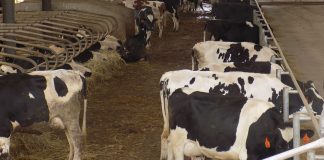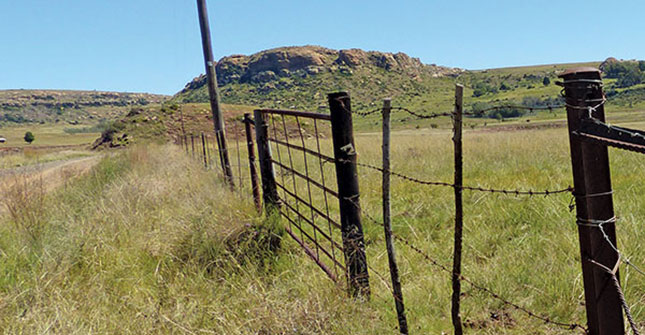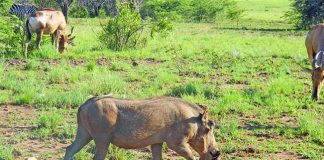In March 2016, Botswana announced that all cattle entering its territory from Zimbabwe would be shot on sight.
This radical approach was an effort to control recurrent foot-and-mouth disease outbreaks, which Zimbabwe had been struggling to contain since April 2015.
The Botswana government gave Zimbabwe a three-month grace period in which authorities were expected to warn and advise cattle owners on the shared border to strictly control the movement of their animals. The shoot-to-kill plan was to have taken effect on 1 June.
However, a recent delegation to Botswana had resulted in the suspension of the policy. Members of the delegation and Zimbabwe’s deputy minister of home affairs, Obedingwa Mguni, said that the delegation had pleaded with Botswana officials to rethink the policy.
“Yes, it is true, we engaged them. I am pleased to say that Botswana [has] agreed to suspend implementing the proposal. However, we do not [know] for how long the policy will be suspended.”
READ 5 Cattle diseases that can kill your business
Following Botswana’s announcement of suspension, Paddy Zhanda, deputy minister of agriculture, and Mguni, led an awareness campaign in Zimbabwe’s Matabeleland South, which borders Botswana, and where an estimated 90 000 cattle are at risk of being shot if they strayed.
The persistent recurrence of foot-and-mouth disease has forced Zimbabwe’s government to restrict cattle movement in the southern provinces, and Zhanda recently announced that cattle auctions were not allowed at district or provincial centres.
This policy was expected to discourage the translocation of cattle over long distances, thereby minimising the spread of disease.
Mguni, who is also a legislator for Mangwe, a constituency that covers some of the land along the countries’ common border, praised the Botswana government for its willingness to explore more conciliatory methods to control cattle movement and disease outbreaks.
However, he emphasised that Zimbabwe still had a responsibility to ensure that its cattle were healthy.
“They exhibited immense good neighbourliness,” he said.
“They understood that it is difficult for us to control the movement of cattle across the border as we don’t have a fence. The fence is not destroyed by vandals, but by animals, especially elephants,” he said.













